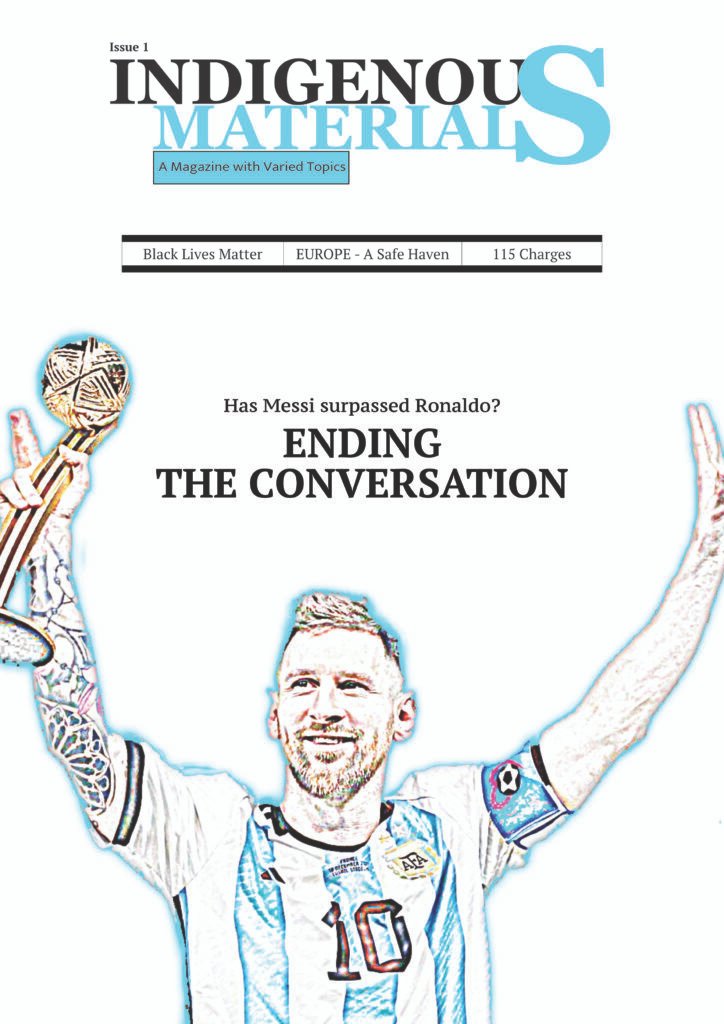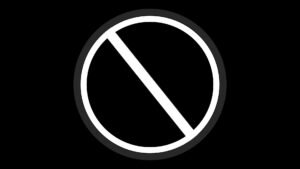Photograph credits: Jordan Strauss/ AP/ Invasion
A Monster in Disguise
There’s a long-standing saying in the entertainment industry: everyone who surrounds themselves with Diddy ends up either dead or broke. While many have dismissed it as myth, recent events are prompting a reconsideration of that belief. The allegations against Sean “Diddy” Combs, once revered as a hip-hop titan and business mogul, are no longer whispers behind closed doors; they’re headlines.
Diddy’s rise to prominence began with Uptown Records under Andre Harrell, with collaborators such as Al B. Sure and Heavy D. However, some insiders claim that even in those early days, concerns were raised about his behaviour, concerns allegedly serious enough to result in his dismissal from the label. The tragic 1991 City College of New York (CCNY) incident, where a celebrity basketball event led to a stampede that killed nine people, was perhaps the first major scandal that hinted at the ‘untouchable’ attitude that would come to define Combs’s career.
From Uptown to Bad Boy Records, Diddy transformed the hip-hop landscape, creating a commercial empire by turning street artists into global stars. His genius for marketing and branding birthed iconic ventures such as Sean John and Cîroc vodka, helping to make him a billionaire. Yet this outward success has increasingly been overshadowed by allegations of exploitation, abuse, and darker, more sinister accusations.
Critics argue that Diddy’s hunger for power and status evolved into a belief that he could act without consequence. Accusations include failing to pay artists fairly for their publishing rights, physical and emotional abuse of ex-partners, and disturbing claims of involvement in sex trafficking networks. His alleged ties to powerful figures in entertainment and beyond have long fuelled rumours of a protected status—one that allowed him to operate above the law.
The resurfacing of disturbing footagesuch as the now-infamous video involving a young Justin Bieber and years of speculation around Diddy’s involvement in the East Coast vs West Coast rap feud in the 1990s, has reignited discussions about his role in hip-hop’s most tragic losses. The deaths of Tupac Shakur and Christopher “Notorious B.I.G.” Wallace remain unsolved, but theories persist. Many fans continue to speculate about Diddy’s motives, especially in the wake of his commercial gains following Biggie’s death, including the release of Life After Death and the tribute track “I’ll Be Missing You,” which reportedly generated over $6 million in global revenue.
Additional allegations suggest that he shelved The Commission, a joint project between Biggie and Jay-Z, only to hand over lyrics from the project to Jay-Z, later used in The Blueprint and The Dynasty: Roc La Familia. Whether these claims are true or not, they have added to a growing perception of a man who allegedly profits from the demise of others.
The incident involving rapper Shyne, who served nearly a decade in prison for a 1999 nightclub shooting while Diddy walked free, is often cited as a turning point, evidence, some say, of Diddy’s willingness to sacrifice talent to protect his brand. Since then, darker stories have emerged. From alleged ties to Jeffrey Epstein and private island trips, to shocking civil lawsuits filed by former partner Cassie Ventura and former Bad Boy employees, the picture being painted is damning.
Diddy has denied all wrongdoing, framing recent legal action as opportunistic attempts at “quick paydays.” However, critics point to the 24-hour settlement with Cassie as an admission of guilt in everything but name. If his reputation were truly unblemished, they argue, why not fight in court and clear his name?
Federal agents recently executed search warrants at several of his residences, signalling that a criminal investigation is well underway. It’s rare for such drastic legal steps to occur without substantial evidence. Legal experts believe federal prosecutors would not proceed without a compelling case, particularly given the powerful names that may be implicated alongside Combs.
“Innocent until proven guilty” remains the cornerstone of any fair legal system. However, public opinion is increasingly shifting. Many believe that accountability is long overdue, not just for Diddy, but for an entire elite network within the entertainment industry that has operated with impunity for decades.
Whether or not Diddy is ultimately found guilty, the cultural reckoning has already begun. The world is watching closely, and the message is clear: even the most powerful figures in music are not above scrutiny or consequence.





One thought on “The Monster Mogul – Diddy using his Powers and Money”
Comments are closed.